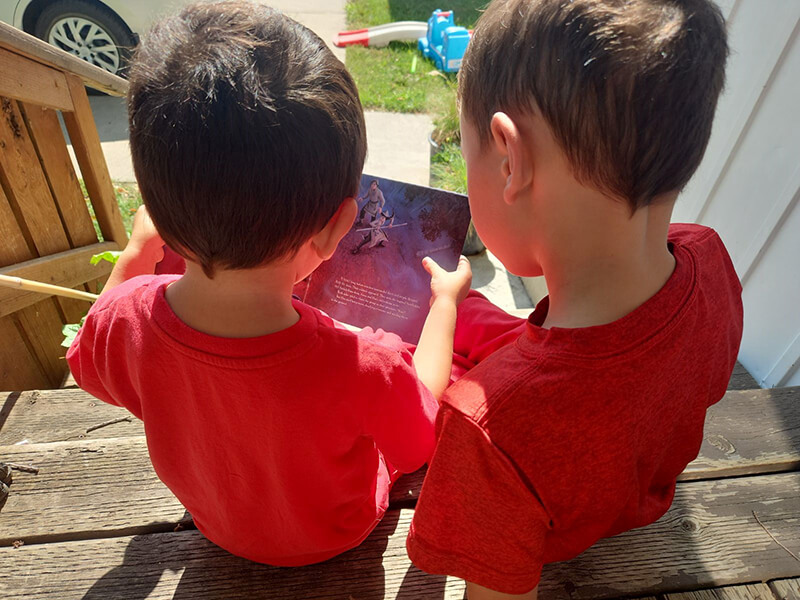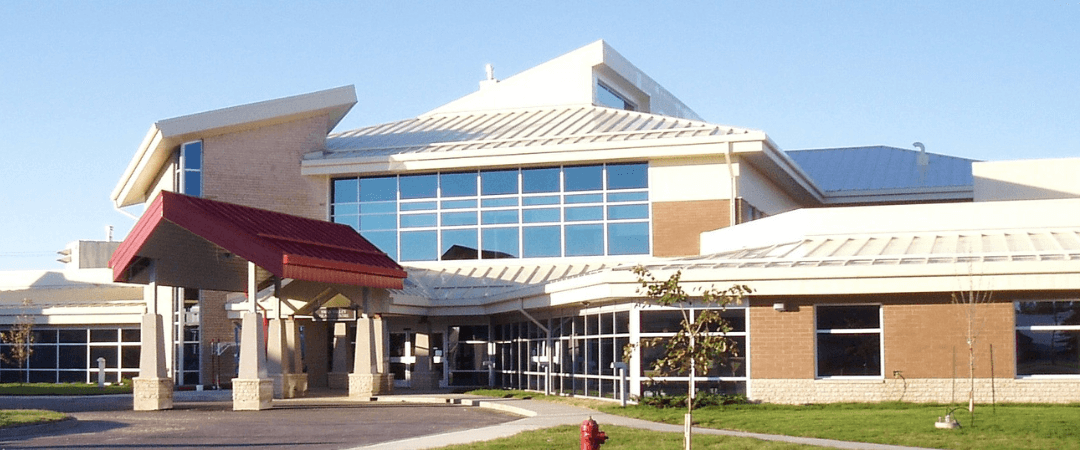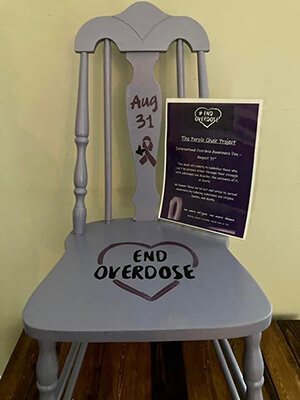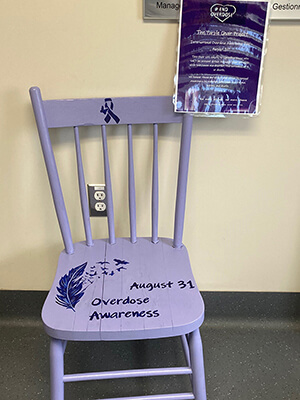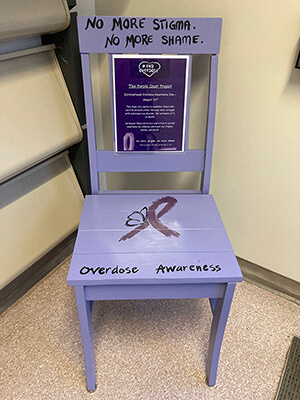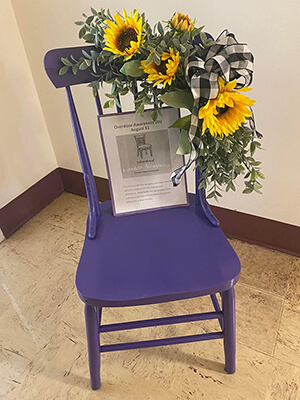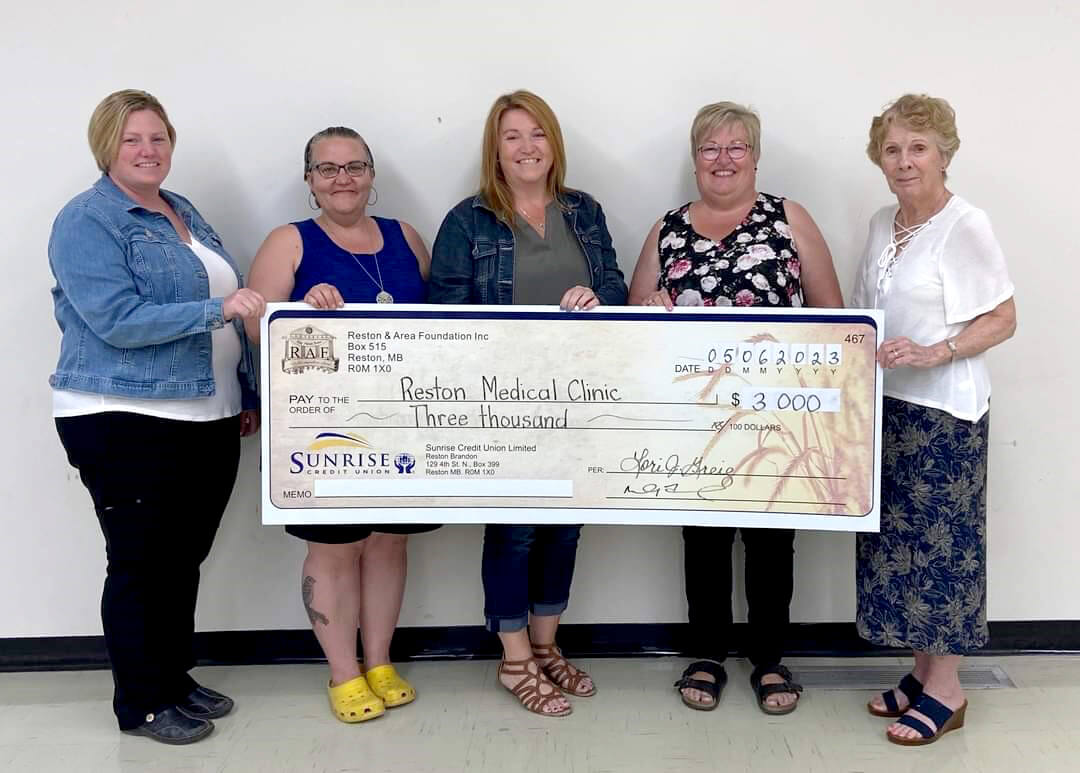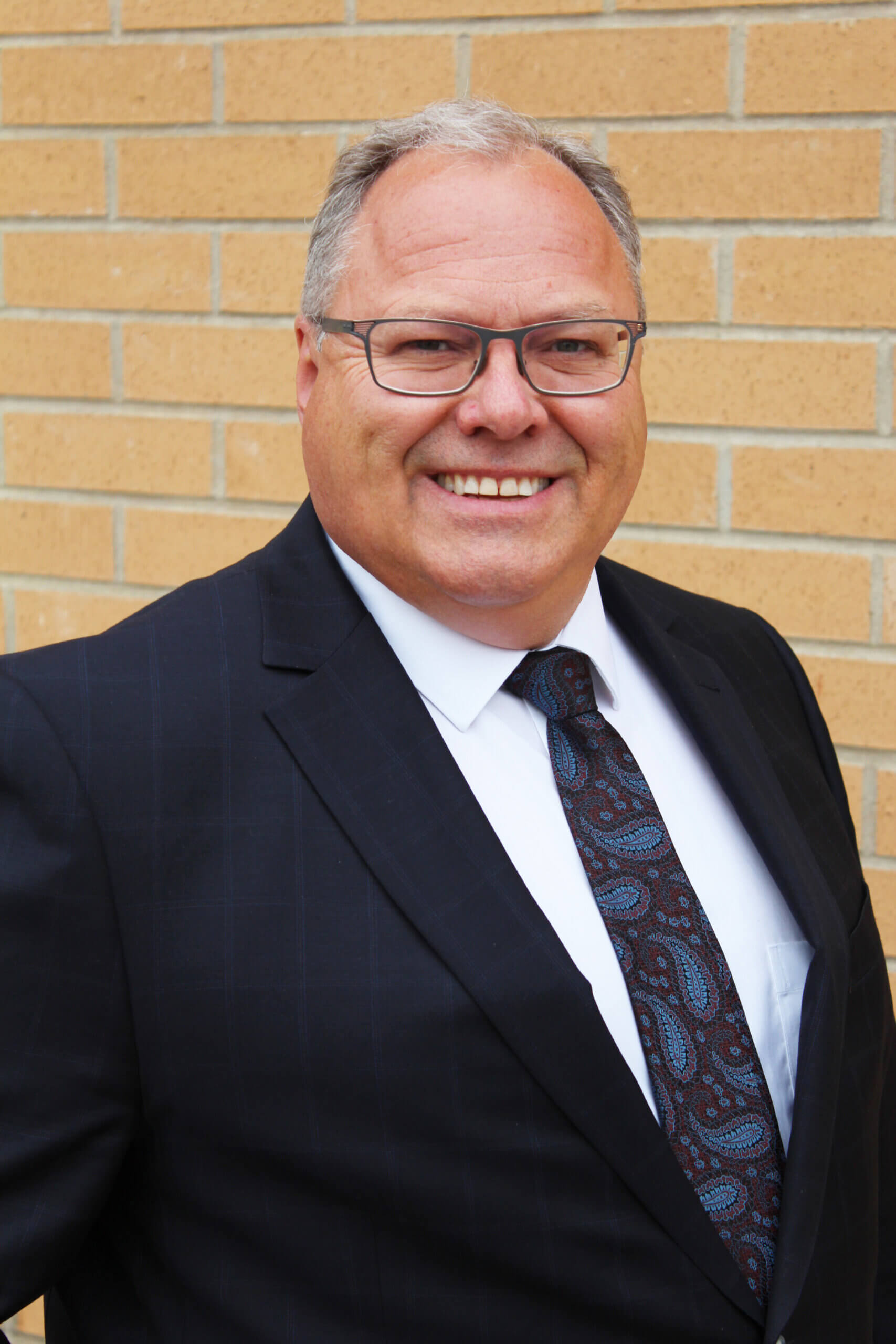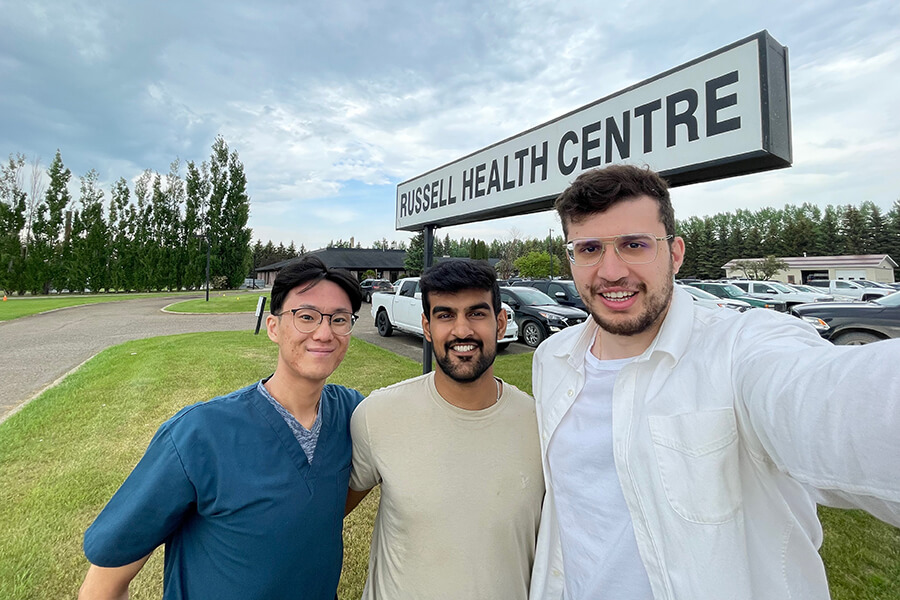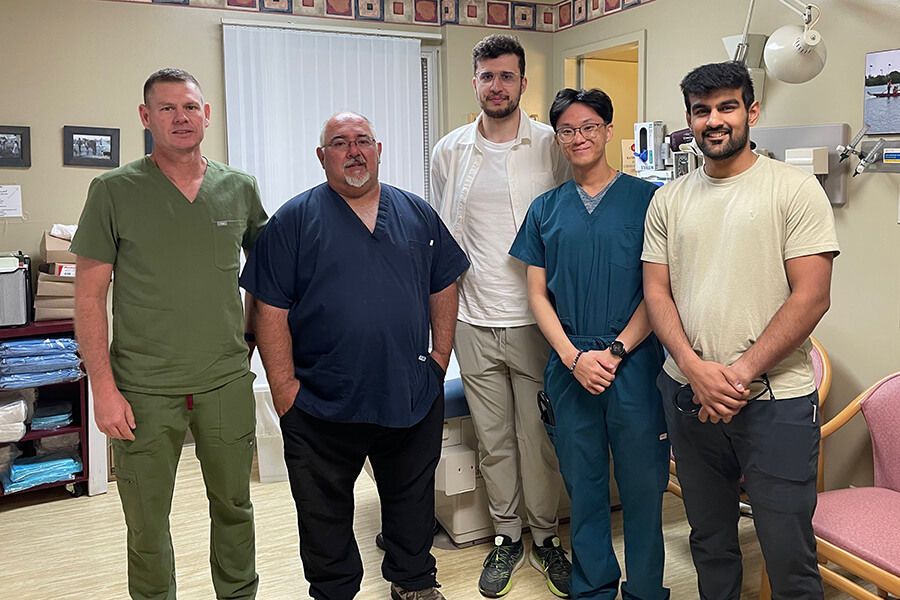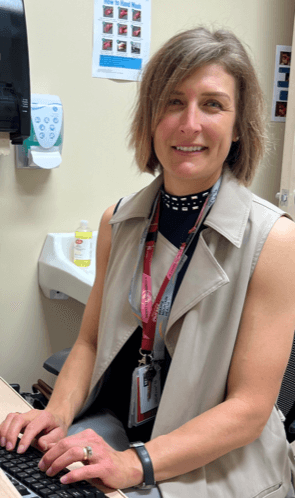Fetal Alcohol Spectrum Disorders (FASD) Day |September 9
Every year, on September 9th, International FASD Awareness Day is observed. People worldwide gather for events to raise awareness of Fetal Alcohol Spectrum Disorders (FASD). This is an opportunity to spread awareness of FASD, diagnosis, strategies, and prevention. Fetal Alcohol Spectrum Disorder (FASD) is a diagnostic term that describes the range of effects that may result when prenatal alcohol exposure occurs. These lifelong effects include physical, behavioural, and emotional difficulties and learning disabilities. It is estimated that 4% of Canadians have FASD. The Brandon and Area FASD Coalition will distribute 700 children’s books for FASD Day! These will be available to program participants at The Brandon Friendship Centre, Westman Christmas Cheer, Prairie Mountain Health and Westman Regional Library.
Prairie Mountain Health FASD Program
In Manitoba, all assessments for children/youth to diagnose FASD are done by the Manitoba FASD Centre in coordination with the Manitoba FASD Network. The Prairie Mountain Health FASD Diagnostic Coordinator in Brandon at 204-578-2487 or the FASD Diagnostic Coordinator in Dauphin at 204-622-6223.
There are a number of programs available that can support individuals with FASD.
SOS CAMP at Brandon Friendship Centre
Day respite camps for children 6-12 years of age with FASD. Camps run one Saturday each month, along with some weekday skill development. The SOS MB program is designed to provide children a fun, safe day to learn and practice social skills, self-regulation, and fine and large motor skills. Call 204- 571-0670 for more information about the Brandon Camp.
Life’s Journey Inc.
Life’s Journey is a not-for-profit agency supporting individuals with neurodevelopment and co-occurring disorders. Life’s Journey helps people with diverse abilities living in Manitoba. Life’s Journey includes traditional Indigenous healing as a significant component of their clinical services.
This agency strives to provide clinically informed, culturally relevant, wellness oriented, relationship and strengths-based services.
Westman Services
Westman Services is located in Brandon and provides services to individuals eligible for funding through Community Living Disability Services. Individualized services include:
- outreach support and mentorship
- family support
- supported independent living
- cluster housing
- homeshare (foster)
- shift-staffed residences
- day program
Westman Services offers various clinical services, including psychology, occupational therapy, addiction support, and access to a Nurse Practitioner. All services are voluntary.
Rural Connections Program
The Rural Connections program provides individualized services for transitional youth and adults impacted by FASD and ineligible for other government support programs. Individuals must be ineligible for funding through Community Living Disability Services, Provincial Alternative Support Services and Community Mental Health. The program is available within the Brandon and Steinbach regions. Rural Connections offers outreach support and mentorship..
For more information on Life’s Journey, Westman Services or the Rural Connections Program call 204-772-1591.
If you are interested in joining the Brandon and Area FASD Coalition, please call 204-578-2487.
For more information visit the Manitoba FASD Coalition
